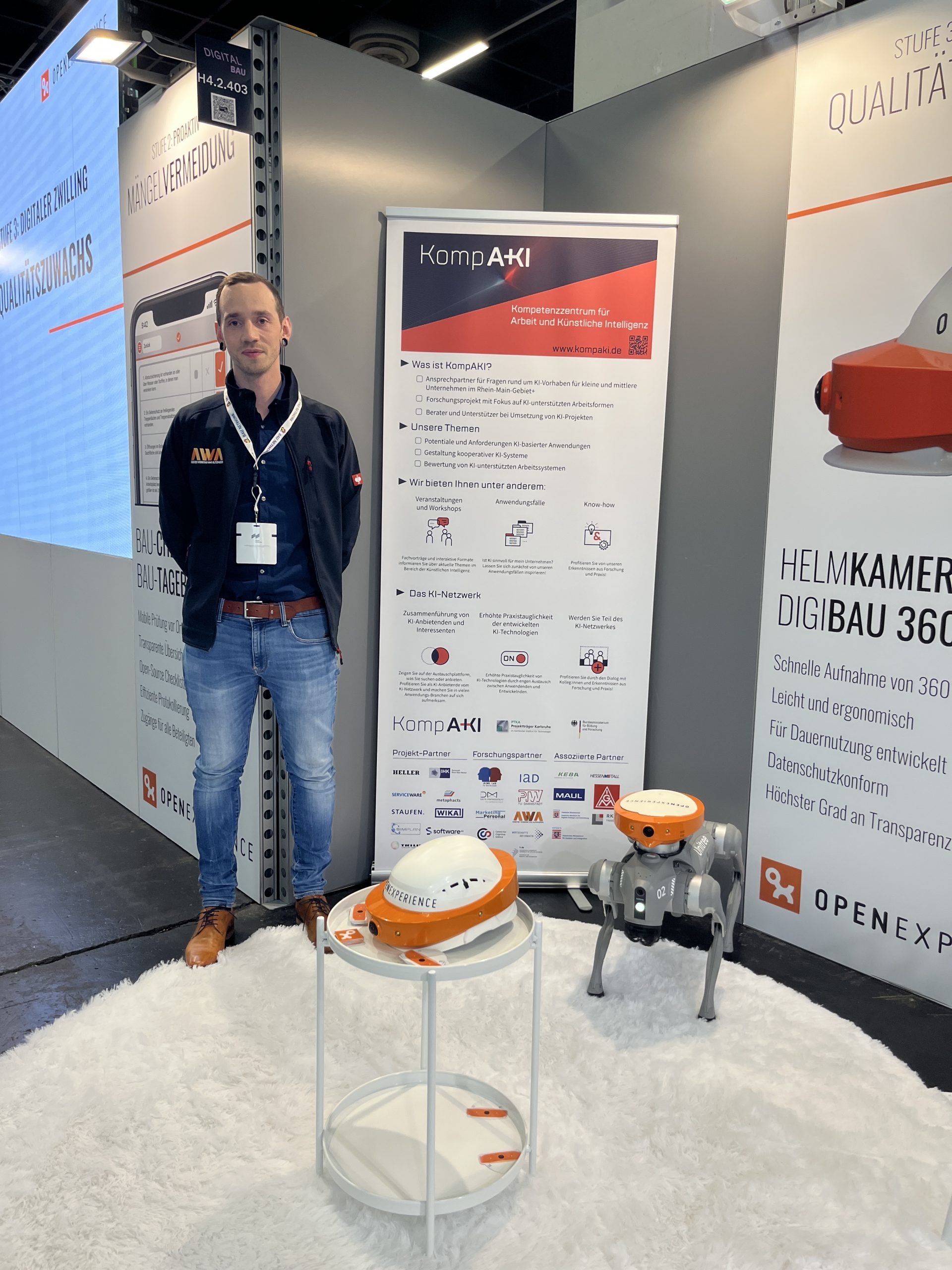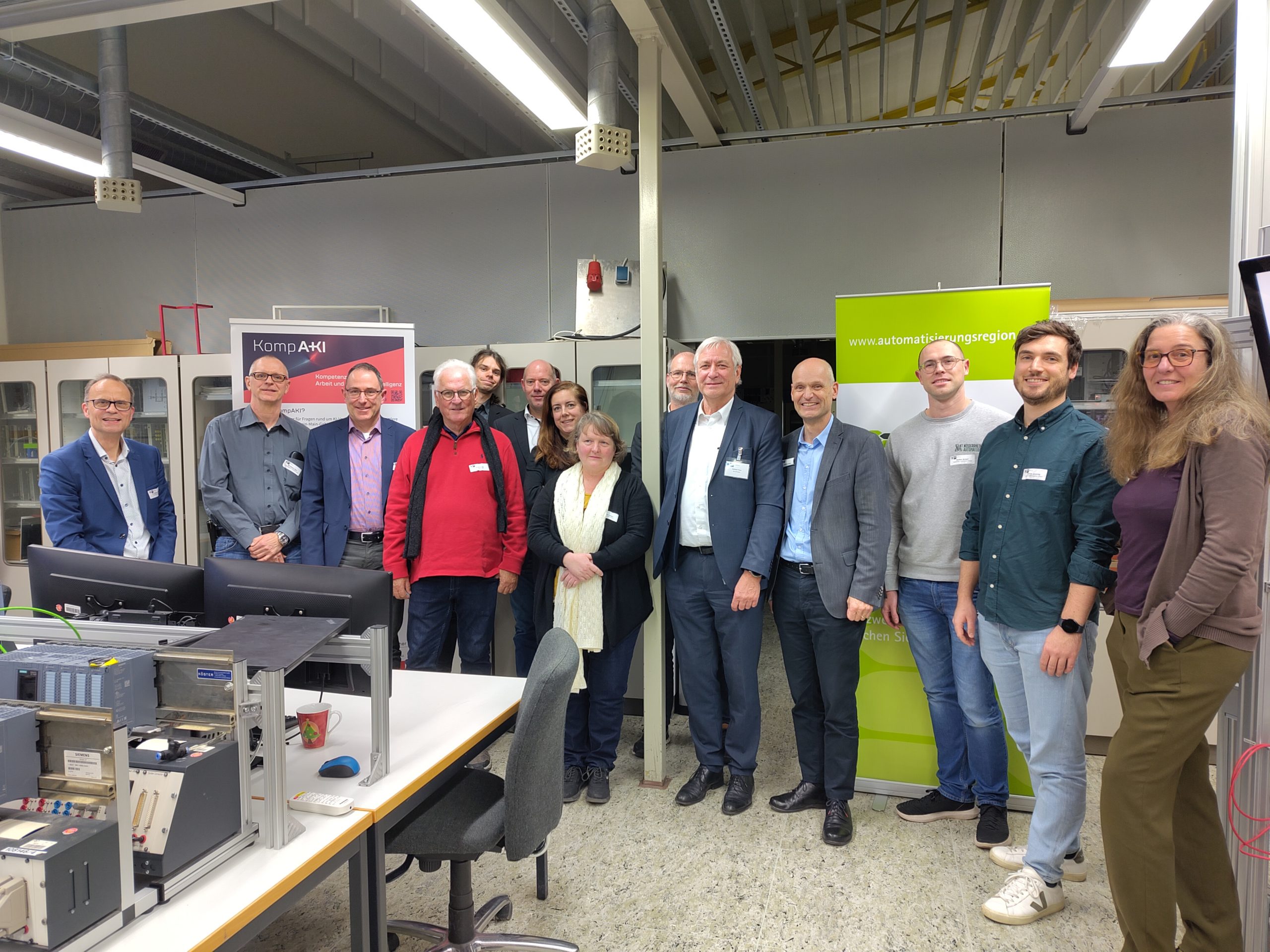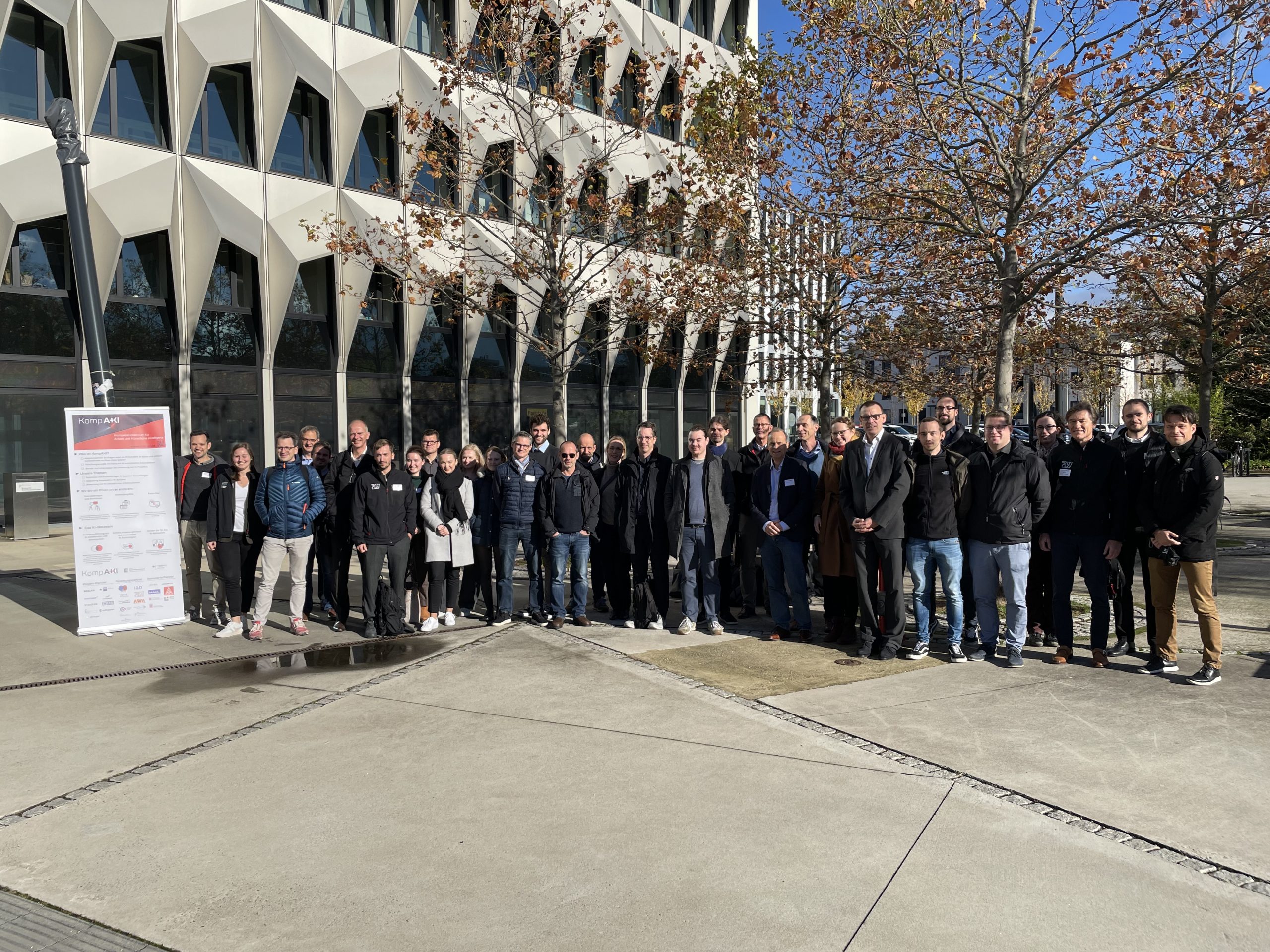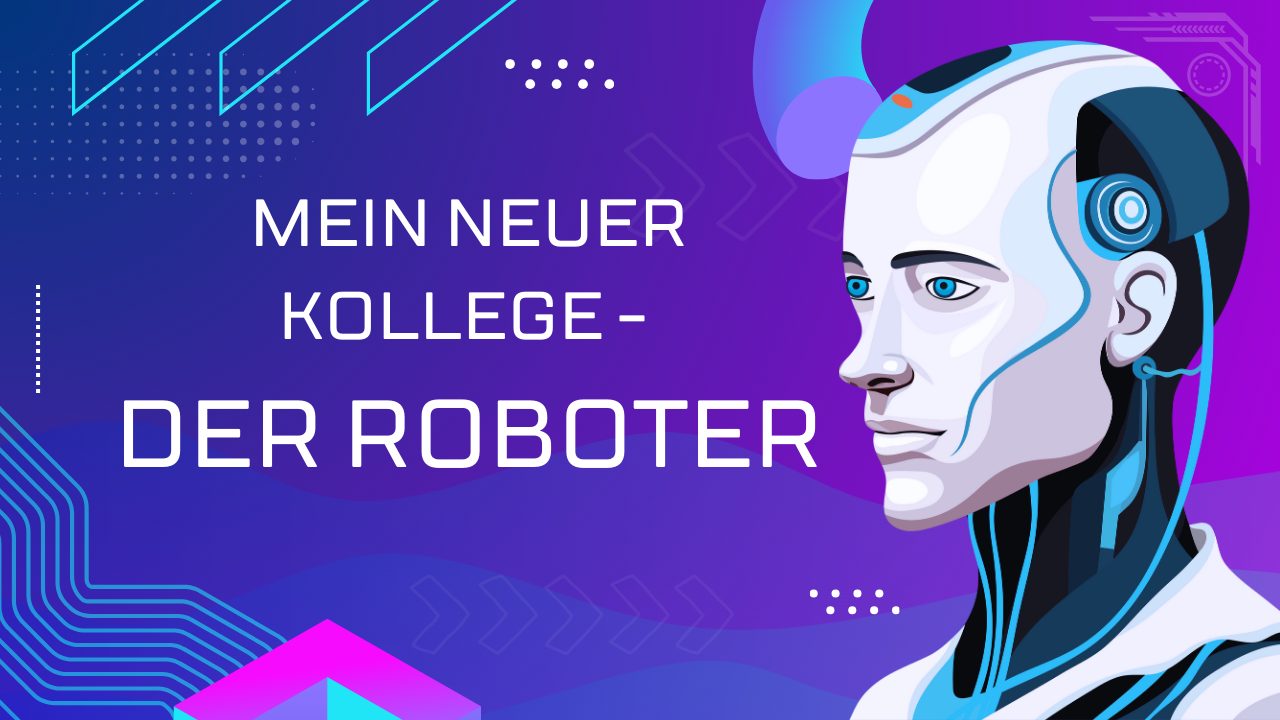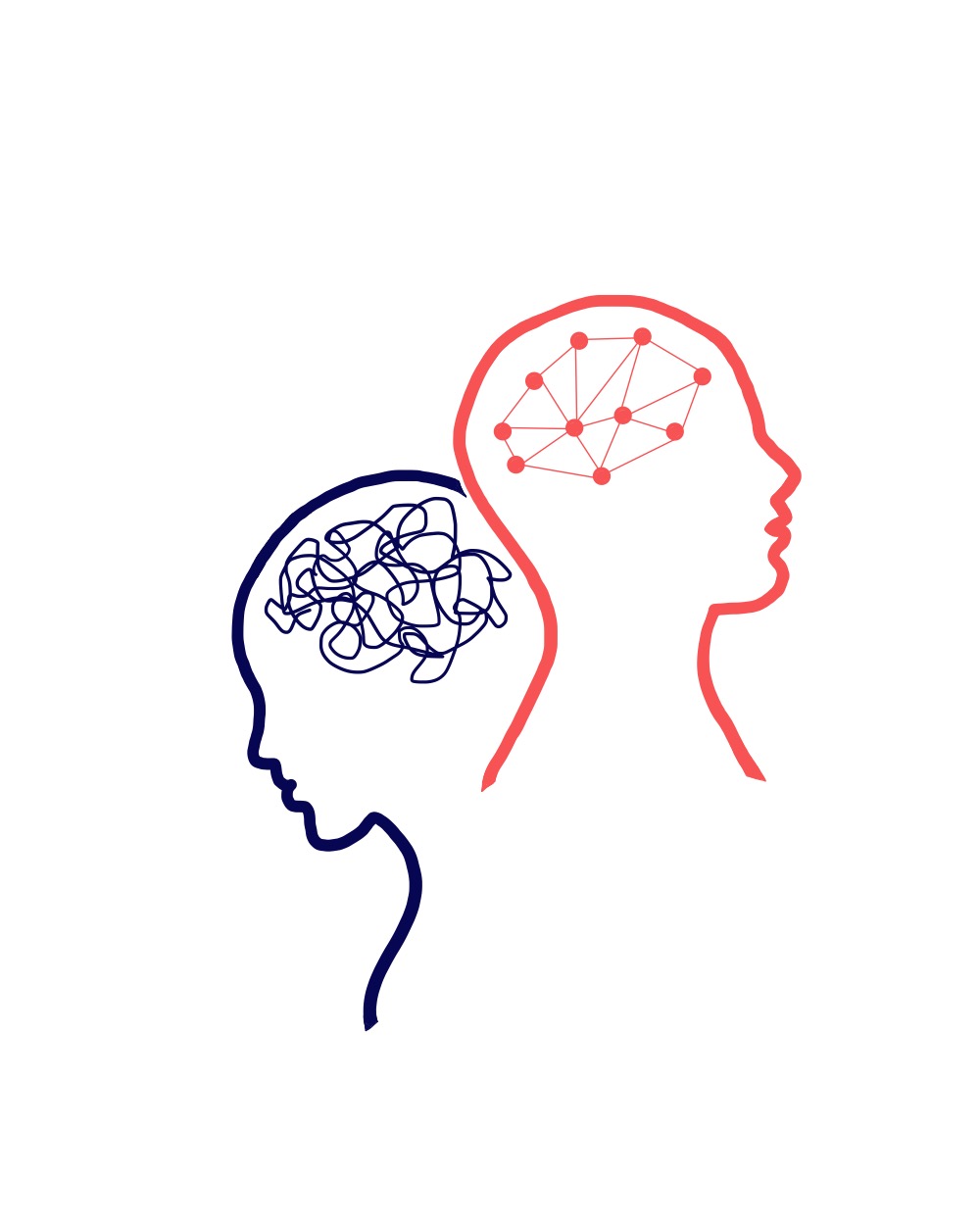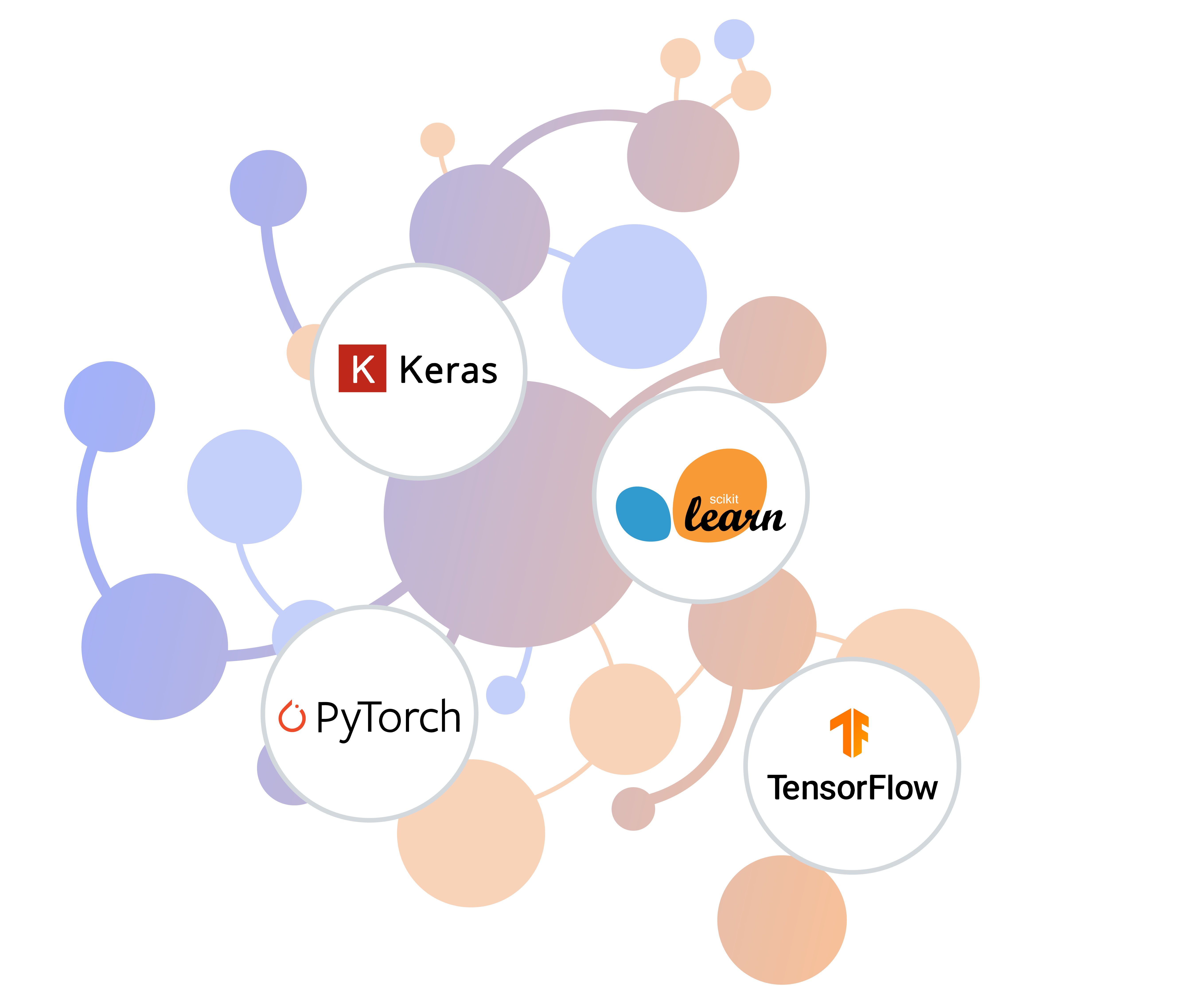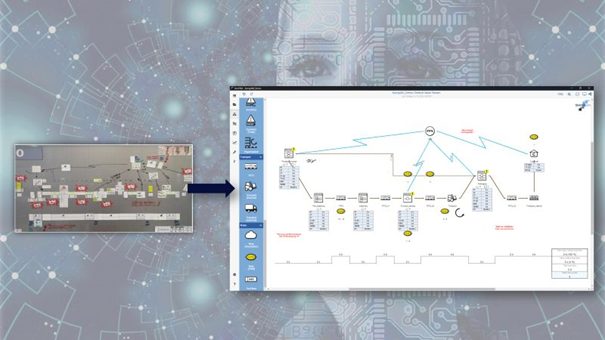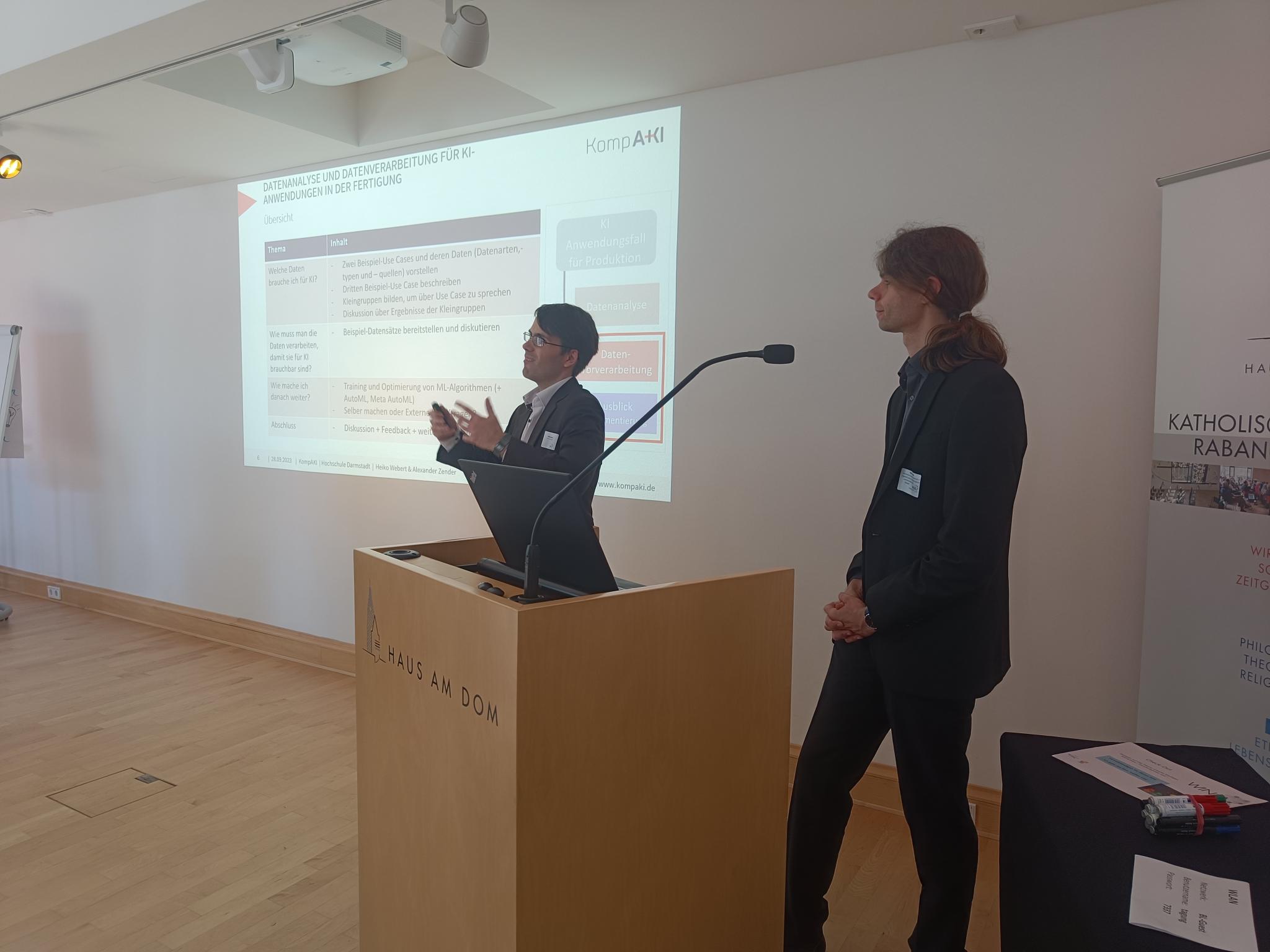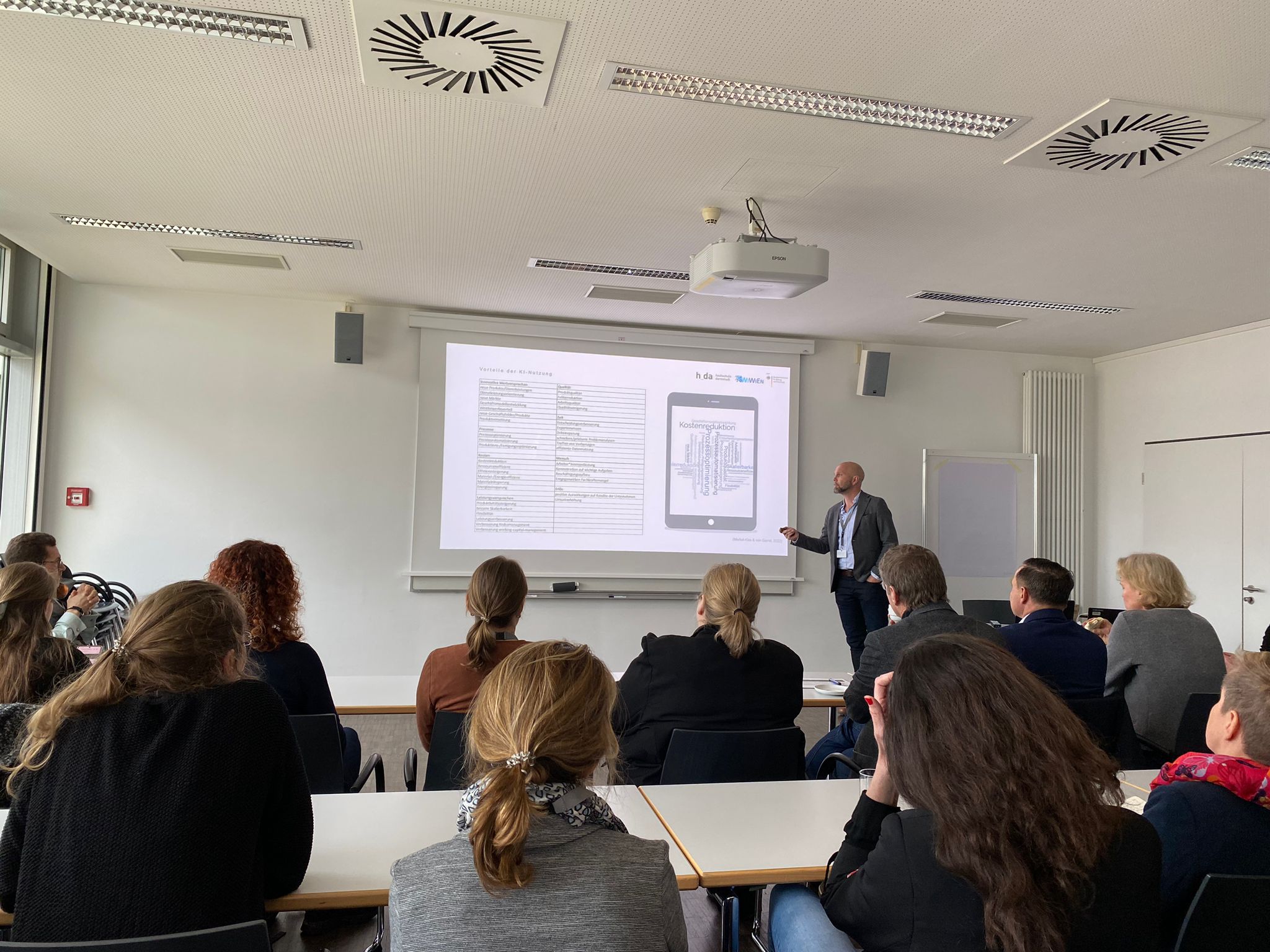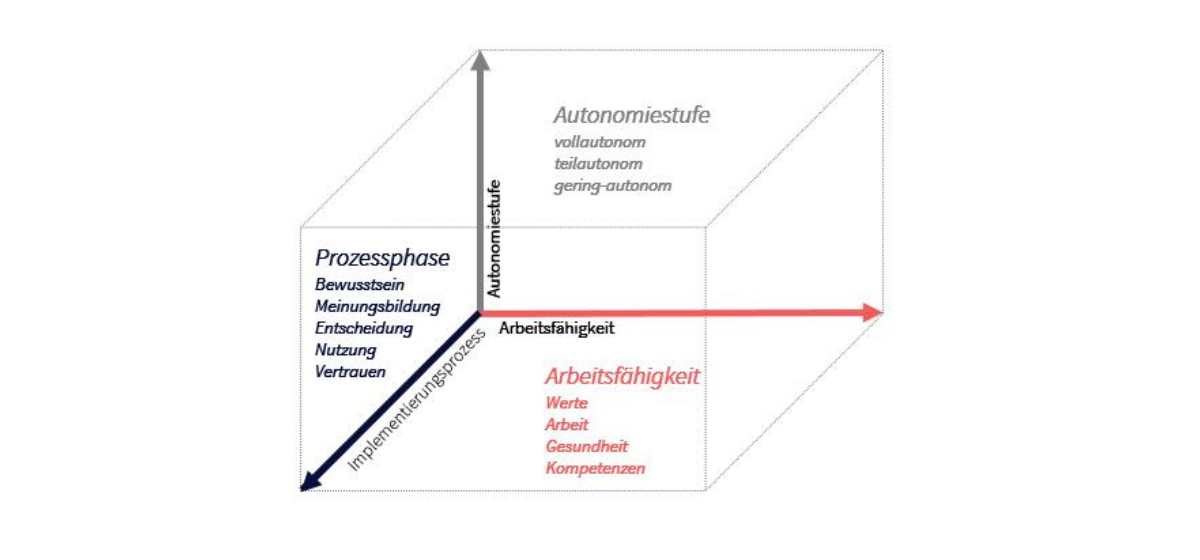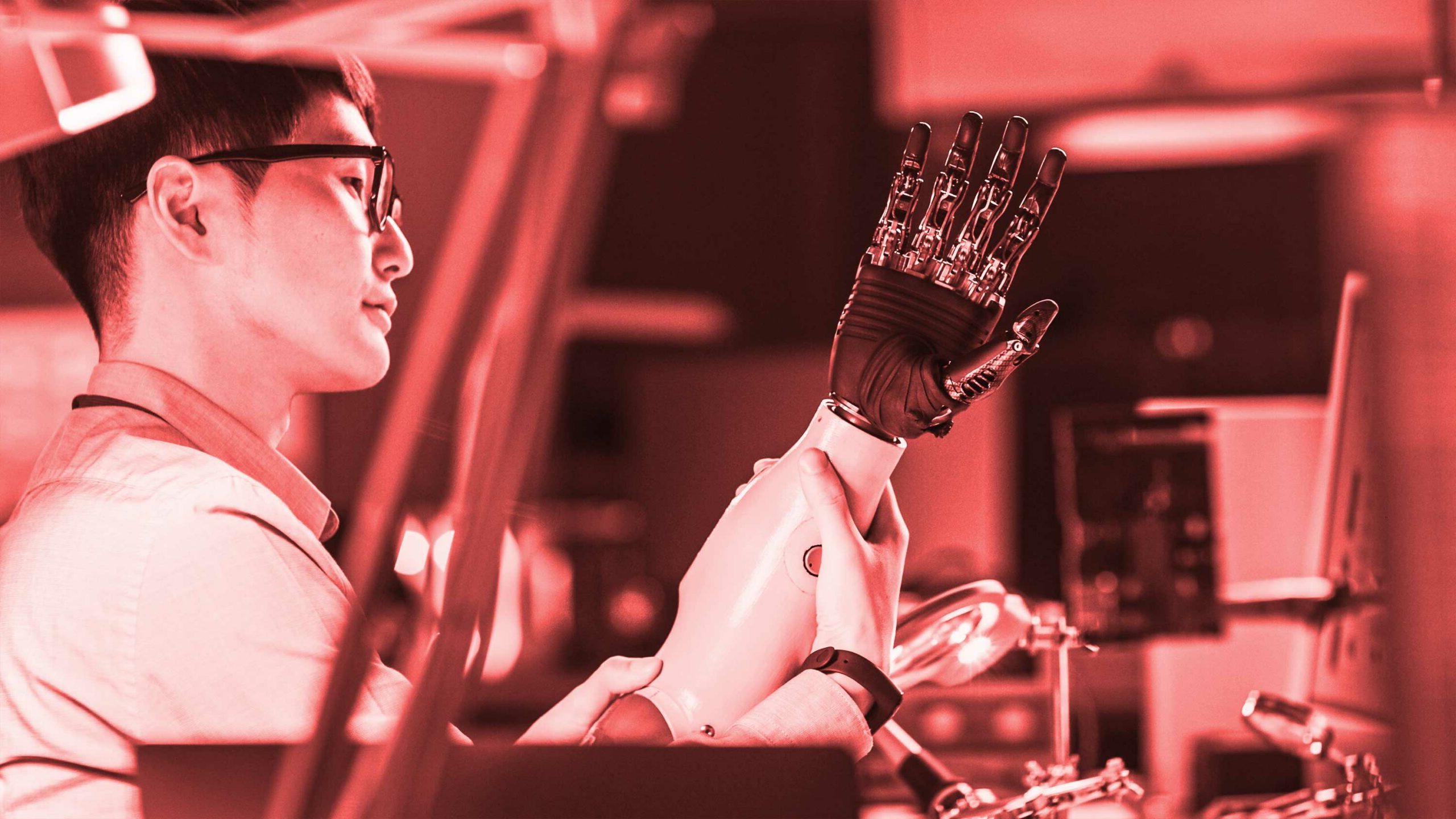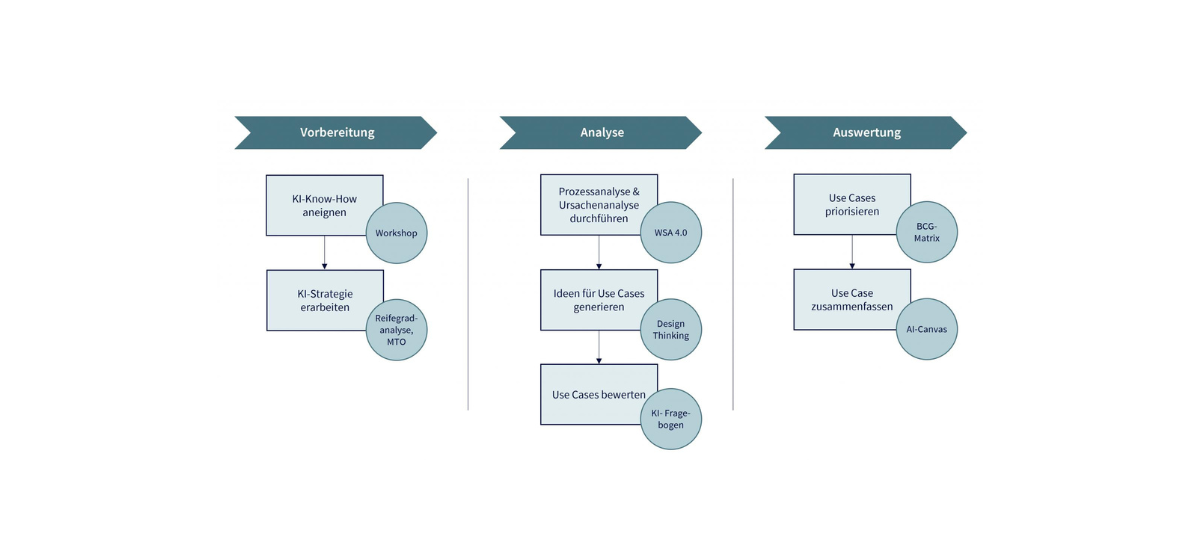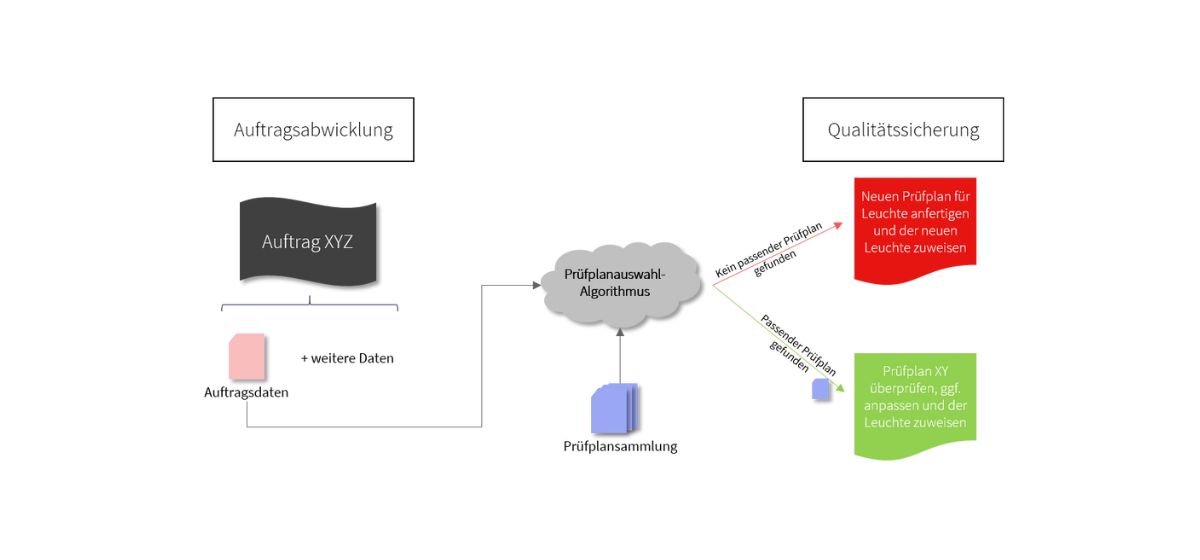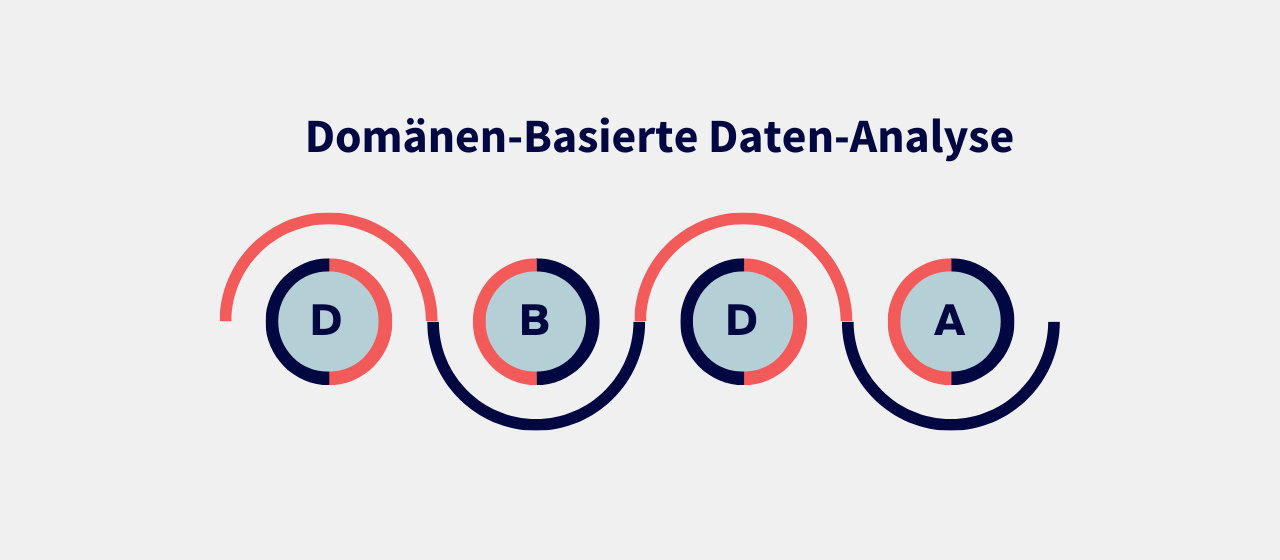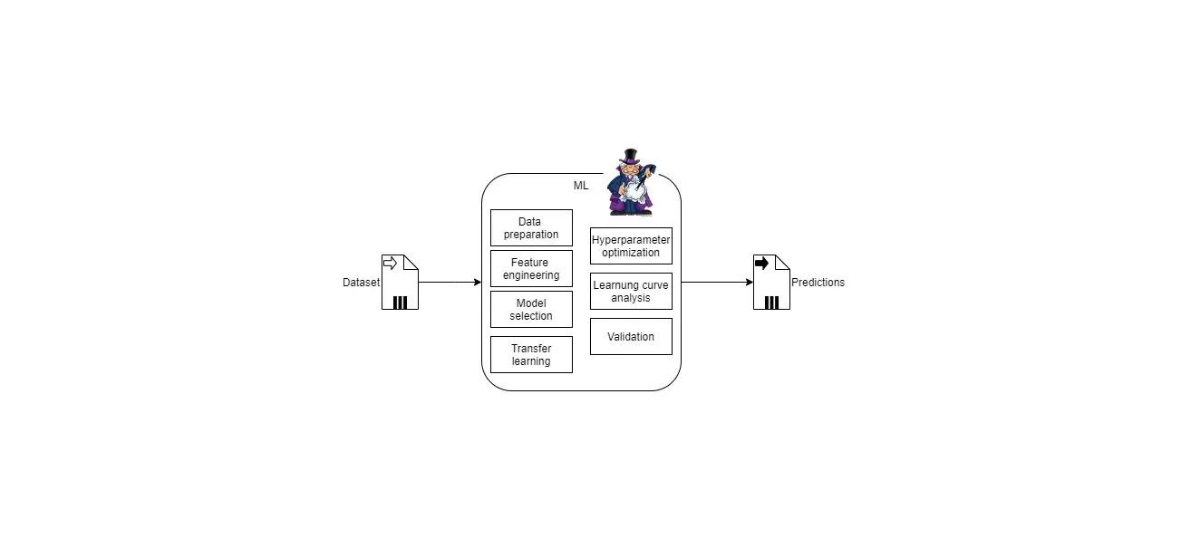Effective Machine Learning made easy - User Experience Research shows Usability of AI
Paper published at the 25th International Conference on Engineering Applications of Neural Networks
Effective Machine Learning made easy! This is the claim of the artificial intelligence (AI) platform called OMA-ML, developed as part of the federally funded project KompAKI (Kompetenzzentrum für Arbeit und KI). This a leading-edge research project in the area of artificial intelligence (AI), in particular machine learning (ML). ML is a hype topic. However, developing effective ML applications is complex, almost like a secret art. It requires experienced computer scientists or data scientists who analyse a dataset in detail and perform steps such as data preparation, feature engineering, model selection, hyperparameter optimisation and validation so that an ML application can make good predictions for new cases.
Automated Machine Learning (AutoML) is an active research field that tries to automate some of those steps. There are now many AutoML solutions, both commercial and open source. They differ greatly in terms of functionality, maturity and user-friendliness. What they all have in common, however, is that they each focus on one or only a few selected ML libraries; commercial solutions each focus on the company’s own ecosystem. This means that there is always a certain vendor lock-in when choosing an AutoML solution.
To counteract this, we have developed OMA-ML. We use an ontology to condense knowledge about different AutoML solutions and strategies. In this way, we combine knowledge-based AI with ML – also one of the current trends in AI research.
But is the claim “Effective Machine Learning made easy!” really justified?
For this, a comprehensive usability study was conducted in cooperation between computer science experts and user experience (UX) experts. The study was published:
Lisa Brand, Bernhard G. Humm, Andrea Krajewski, Alexander Zender: Towards Improved User Experience for Artificial Intelligence Systems. In: Iliadis, L., Maglogiannis, I., Alonso, S., Jayne, C., Pimenidis, E. (eds) Engineering Applications of Neural Networks. EANN 2023. Communications in Computer and Information Science, vol 1826, 2023. Springer, Cham. https://doi.org/10.1007/978-3-031-34204-2_4
In this paper, the factors of positive user experiences when using AI systems are investigated. For this purpose, a two-stage qualitative usability study was conducted for the OMA-ML platform as an example. The usability of OMA-ML was measured against the ISO 9241-110:2020 standard in an expert evaluation. The vulnerabilities with the greatest impact on the application were prioritised and tested in a qualitative usability test. The results of the usability test are presented along with recommendations in a usability evaluation. This study aims to contribute to the understanding of the usability of AI systems and their impact on the experience of the different user groups. It found that special attention needs to be paid to those interaction principles that serve to build user trust towards the AI system. For this purpose, the interaction principles with the main design dimensions for interaction with AI systems were derived.
In total, it could be shown, that the project made a considerable steps towards Effective Machine Learning made easy!




